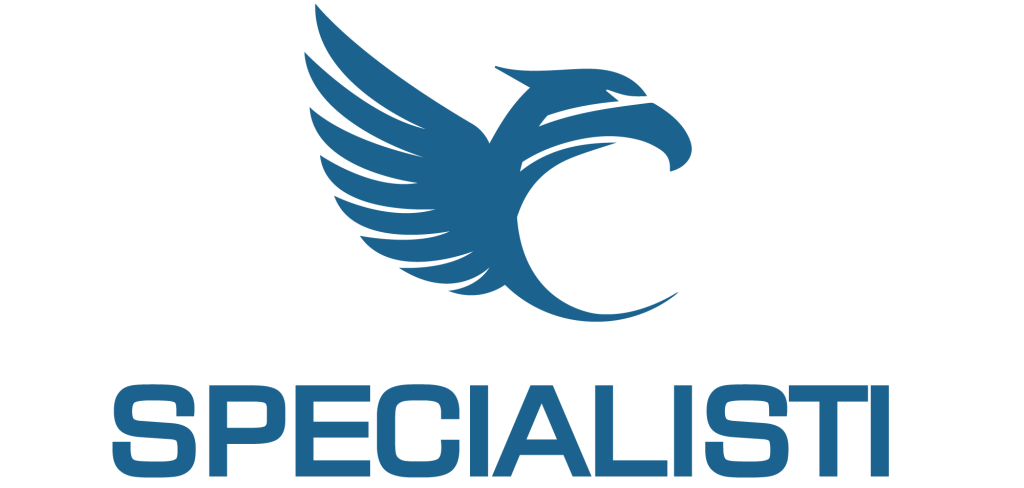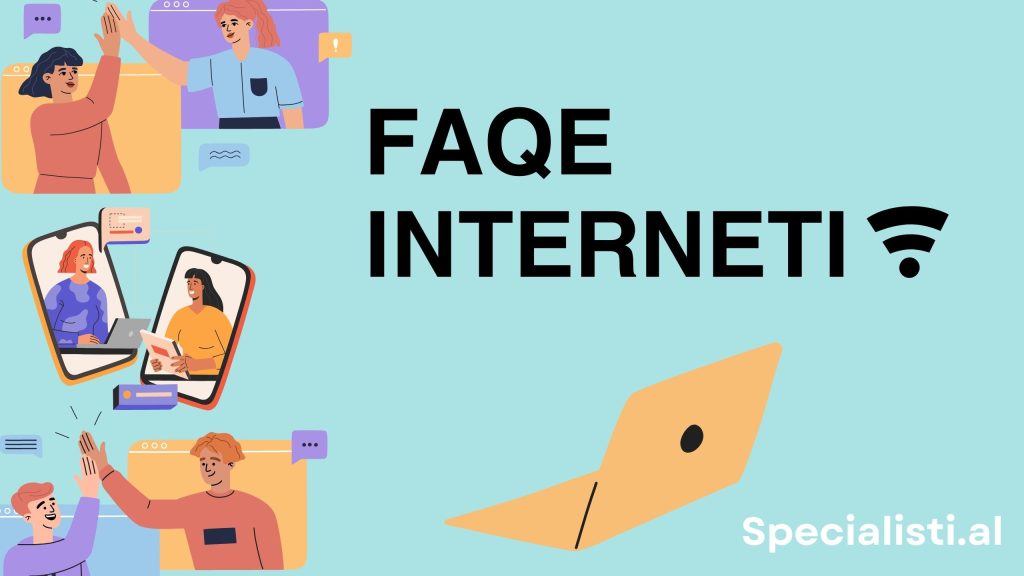Website
Website page for different businesses. Many organizations, businesses, and individuals still face various difficulties in managing content on their websites. Outdated content, poor navigation, lack of privileges the necessary privileges for intervening in the content of the pages, lack of technical knowledge, and dependence on web developers has led to the automation of many processes and the development of a tool like a CMS to enable management of the content, avoiding these obstacles:
- Information architecture
- content control
- content revision
- editing
- multiple authors
- institutional website.
With the extraordinary popularization of doing business online, or the expansion of dot-com technology (e-commerce), since the 1990s, more and more companies and individuals have shown interest in being present on the web. Initially, to present the company, products, and services, considerable programming knowledge was needed, which was only possessed by specialized individuals like web designers. They created static HTML pages and placed them on a server to make them public on the Internet. When the need for updates, maintenance, and changes to those pages arose, the help of programmers was again required. They would use FTP as a client to access the server, download the HTML pages back to the computer, make changes, and then upload them again with FTP to the server.
Thus, the first web CMSs appeared around 1995, which were mainly commercial, such as CNET PRISM, which was even patented at that time. Later, with the development of the infrastructure of the internet After 1998, open-source web CMSs began to appear, which were distributed for free and in whose development many contributors participated (e.g., TYPO3, which is still used today as a platform – framework for creating CMS websites and is open source).
Web CMS
A Web CMS is a software system on the web that serves to manage content. It is implemented as a web application to dynamically create and manage the content of HTML pages. It is typically used to control, organize, and publish a large amount of material dynamically collected by one or more users (text, photos, videos, etc.), who can access the CMS from one or more locations via the Internet. A Web CMS facilitates content creation (authoring), simplifies content control (approval, categorization, republishing, removal, editing, correcting errors in text), and many other essential maintenance functions such as updating, etc. And all of this without the user needing to know HTML or any other programming languages (PHP, ASP, CGI, etc.).
Multilingual Localization
The ability to display the interface and navigation of hyperlinks in different languages, as well as the content if it has been translated. RSS and other forms of information distribution. Web CMS often helps in content distribution by generating RSS and Atom feeds for other systems. Also, email users can be automatically notified when updates are available as part of the workflow process.
Some other features:
- Link management
- Metadata - for search engines and advanced search
- Resource reuse
- Multichannel usage (Print, PDF, PDAs, mobile phones, etc.)
- Personalization
A website is a term used to describe any page available on the internet. These pages can vary greatly in nature and use. Some of the main types of websites include:
Informational Website
These pages provide information on various topics such as science, history, culture, sports, etc. Representatives of this type include Wikipedia and news websites
Commercial Website
These are websites that serve for selling products or services. For example, Amazon and eBay are two popular online commercial websites
User Page
These are platforms where users can share their experiences, thoughts, and content with each other. Representatives of this type include social networks like Facebook, Twitter, and Instagram.
Entertainment Website
These websites offer content designed to entertain the audience, including games, videos, and humor. Representatives of this type include YouTube, Netflix, and online gaming websites.
General Websites
These are websites designed to include various content, which may encompass aspects of the types mentioned above. Representatives of this type include Google, Yahoo, and Bing.
Education and Training Websites
These are platforms designed to offer courses, training, and educational materials for users. Representatives of this type include Coursera, Udemy, and Khan Academy.




